
I read, write, and study historical romance. My most recent completed manuscript is 470 pages long and currently designated as “historical fiction with romantic elements.” The distinction is because the couple in the story doesn’t meet (meet-cute) by page five of the novel. This is kind of a burr under the saddle for me because I believe that historical romance readers, no matter how experienced, want and appreciate the world-building and character motivations at the start of a book regardless of how long it takes for the two main characters to eventually collide.
However, the contemporary industry standard of the heroine and hero appearing within the first five pages is applied across the sub-genre board. So, I’m presently stuck with the label of “historical fiction with romantic elements” because a lot has to happen to Molly, Romney, and America before they find each other and start their journey together. I hope that makes sense. At first, I was dismayed by the nomenclature, but I’ve embraced it now because it’s not that big of a deal…until I go agent and publisher shopping. Since I don’t have time to pursue that part of the process yet, I’ve decided not to angst over it. Spoiler alert: Molly and Romney end up together.
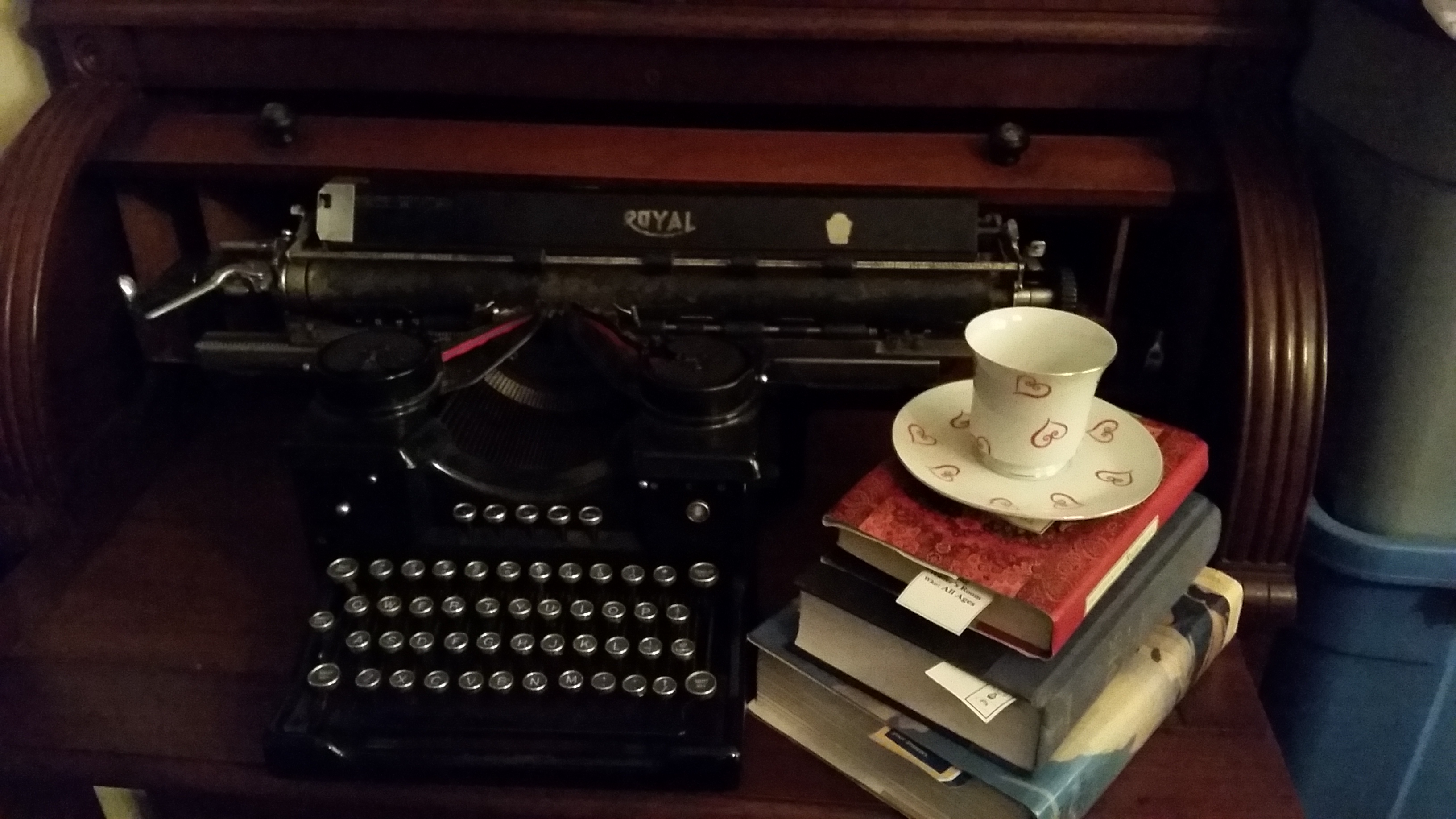
The book is my response to “write what you know” and to fill a void in historical romance offerings. Frontier America, specifically the Northwest Territory, was a rough era and not viewed by some publishers and readers as romantic enough to be a popular setting or time period. I live and work in the belly of this particular beast, aka The Mid-Ohio Valley, and the research is literally at my fingertips. My house is near the Ohio River where my characters almost drown. I work on the campus of a local college whose library has one of the most extensive Special Collections of pioneer history in the country. There are actual pioneer cabins preserved and on display in a local museum that I drive by every day on the way to work.
However convenient, it hasn’t been easy, but I don’t read, write, and study historical romance because it’s easy. I do it because I’m fascinated with the human project. I’m in total awe of women who cooked without an electric stove or wiped up spills without paper towels or any number of other modern civilities we live by today that were non-existent in early America.
They must have been really strong-willed people driven by something that helped them survive seriously difficult situations so that you and I can be doing this amazing thing (having a meeting of the minds via technology) right now. I think the “something” that propelled and motivated them was love, and I respect the hell out of the men and women who paved the way for me in spite of the mistakes they made. I read, write, and study historical romance out of respect for the past, curiosity about humanity, and the love of words. Most of all, I want to believe that love conquers all. So, don’t burst my bubble, okay?
I’ve gone overboard with telling you a “little” about my project. Now, you understand why my manuscript is so long.
I’m more concerned about the condition of the publishing industry lately than the length of my manuscript. We live in the “United States of Amazon,” and it’s their prowess and whims that have me wondering constantly how to really connect with readers. Publishing is the EASY part thanks to Amazon (and others) literally giving birth and providing respectability to the self-publishing concept, but I worry about getting the message out to pull readers into my books. More on this later.
All good things,
j
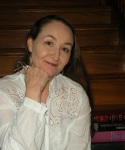




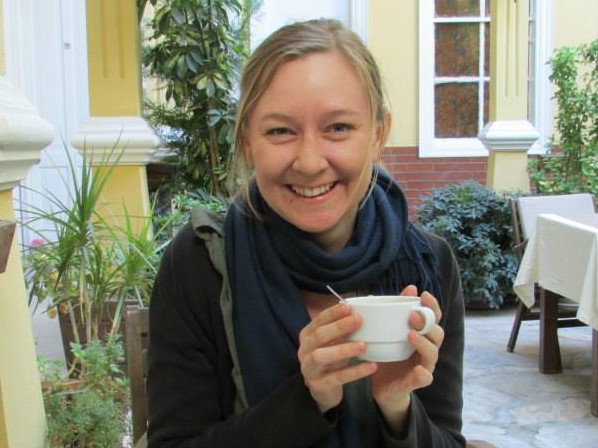





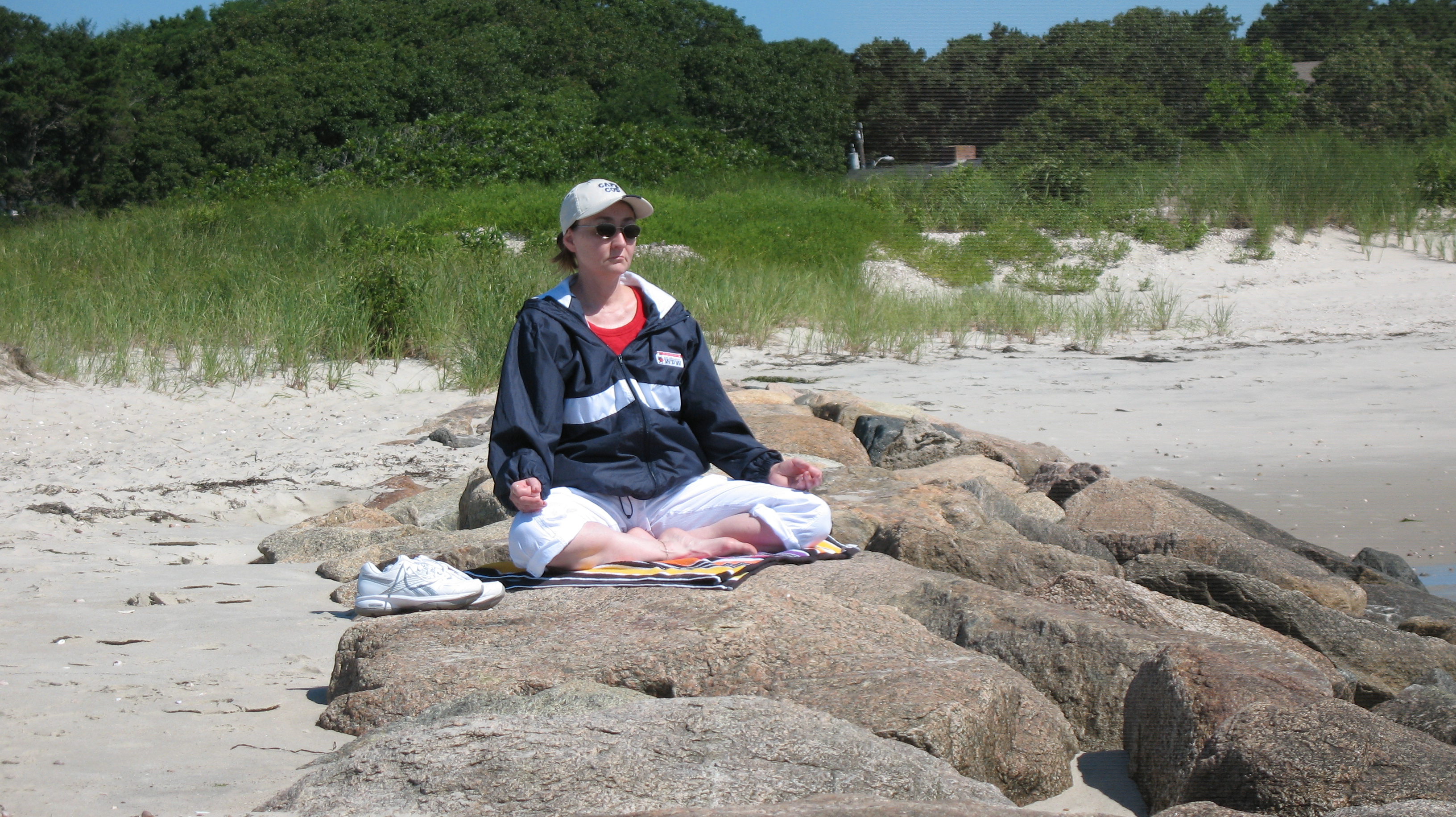



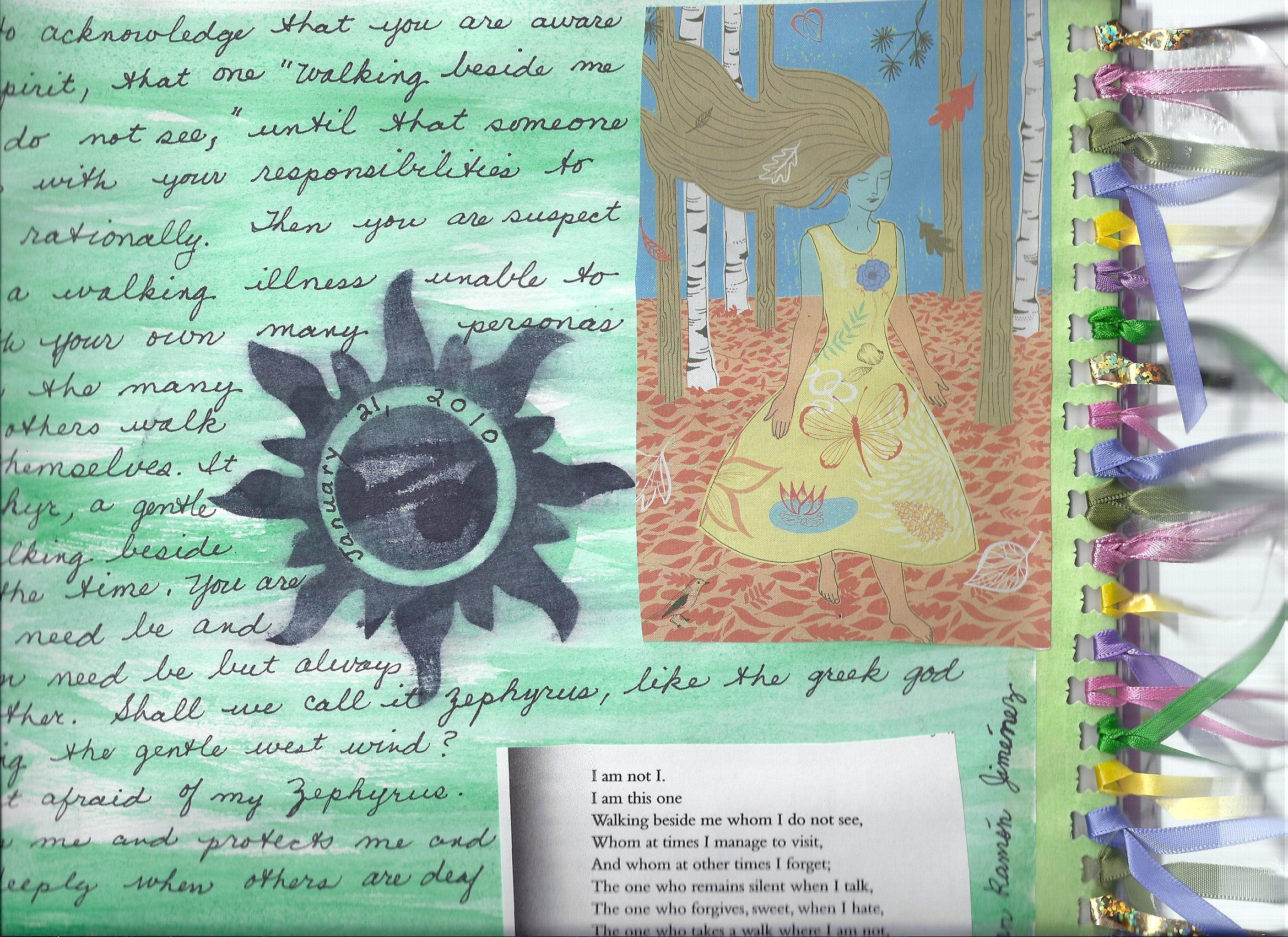
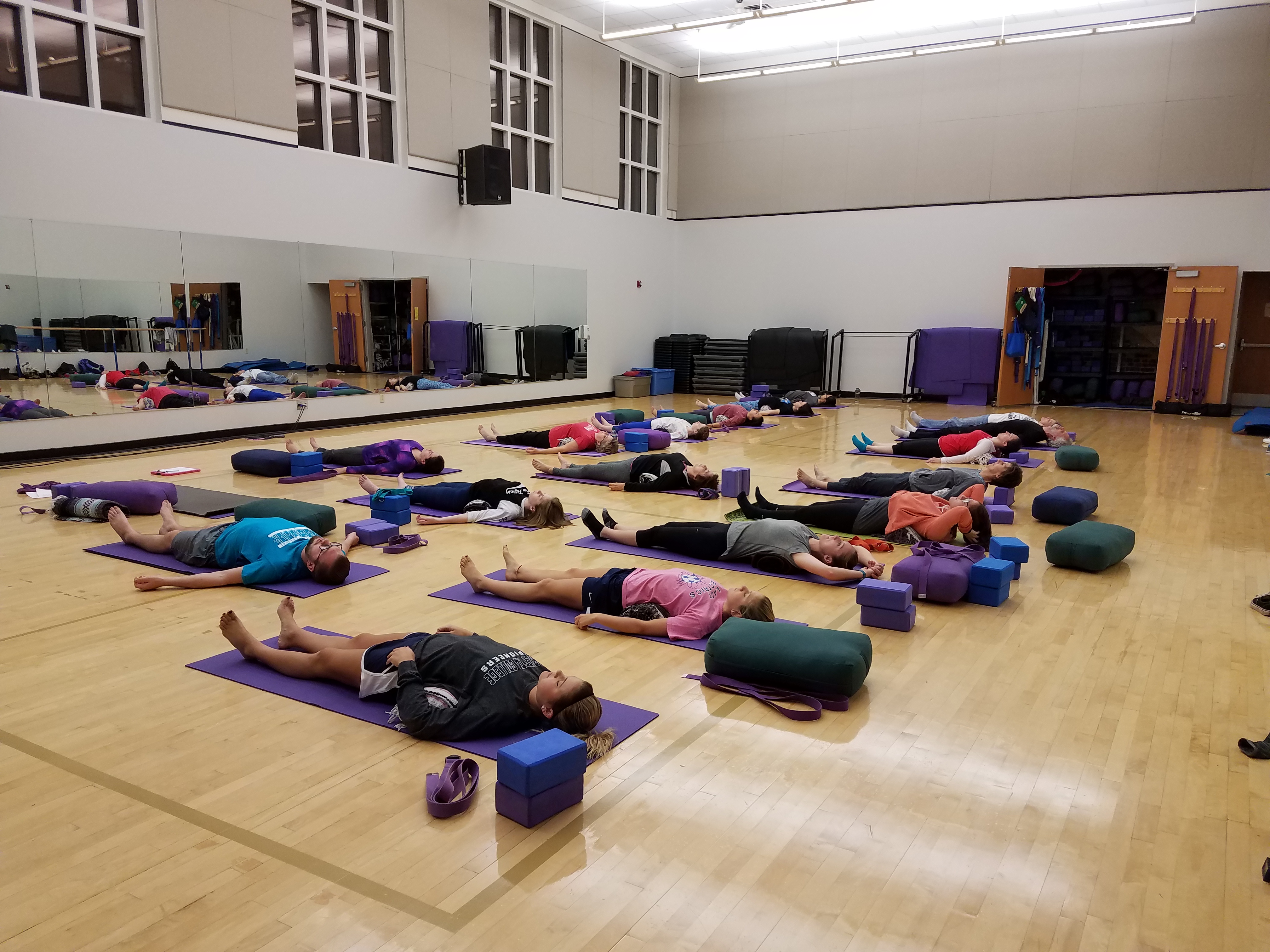 A Liquid Mind Can Be Messy
A Liquid Mind Can Be Messy

